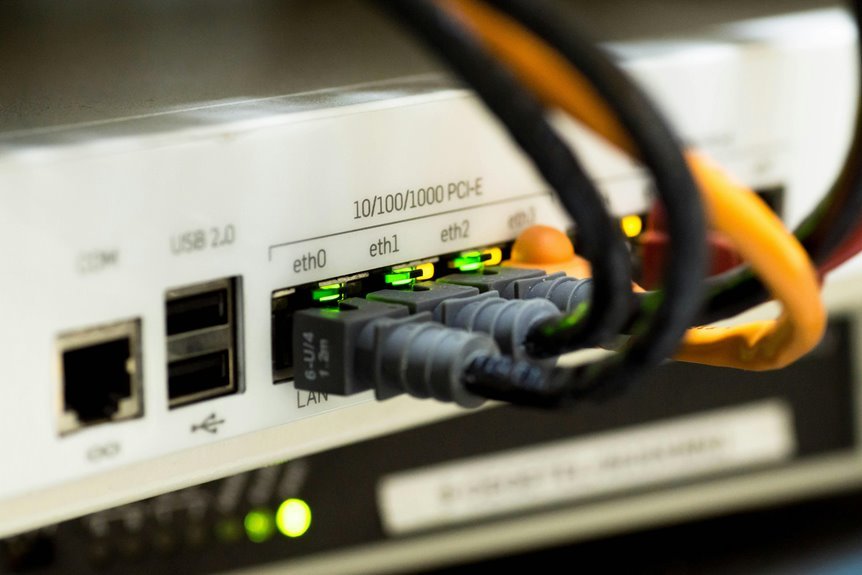
Telecom Infrastructure & System Management Unit 8175410088 8055902250 8442363525 61292965696 9189216770 2816230723
Imagine a telecom provider experiencing network outages during peak usage hours. The Telecom Infrastructure & System Management Unit plays a pivotal role in preventing such scenarios by optimizing network performance and ensuring reliability. By leveraging advanced monitoring tools and adapting to technological advancements, you’ll see how this unit addresses vulnerabilities and fosters a resilient infrastructure. What specific strategies do they implement to guarantee seamless communication for users?
Role of the Telecom Infrastructure & System Management Unit
The Telecom Infrastructure & System Management Unit plays a crucial role in ensuring the seamless operation and reliability of communication networks.
By implementing network optimization strategies, you can enhance performance while maintaining infrastructure resilience.
This unit assesses network capabilities, identifies vulnerabilities, and deploys solutions that promote efficiency.
Your commitment to these practices fosters a more robust and adaptive communication environment, empowering users with reliable connectivity.
Key Responsibilities and Functions
In the pursuit of operational excellence, the Telecom Infrastructure & System Management Unit shoulders several key responsibilities and functions critical to network integrity.
You’ll engage in network optimization, ensuring efficient data flow and resource utilization.
Additionally, system monitoring is essential, allowing you to proactively identify and resolve issues, maintaining high performance and reliability across the telecom infrastructure while enabling seamless communication for users.
Enhancing Service Delivery and Reliability
While striving to enhance service delivery and reliability, you’ll focus on implementing robust monitoring tools and automated systems that ensure consistent performance.
Prioritizing service optimization, you’ll analyze network metrics to identify bottlenecks and streamline processes.
This proactive approach not only boosts network reliability but also empowers you to address issues before they escalate, ultimately enhancing the user experience and satisfaction.
Adapting to Technological Advancements
As technology evolves, staying ahead of the curve becomes essential for effective telecom infrastructure management.
Embracing cloud computing allows you to scale resources dynamically, enhancing flexibility.
Simultaneously, implementing network automation streamlines operations, reducing manual interventions and errors.
Conclusion
In conclusion, the Telecom Infrastructure & System Management Unit is vital for maintaining robust communication networks. By leveraging advanced monitoring tools and embracing cloud computing, it ensures high service reliability. Interestingly, research shows that organizations implementing network automation can achieve up to a 30% reduction in operational costs. This statistic highlights the importance of adopting innovative technologies, ultimately enhancing performance and sustainability in the telecom sector. Your commitment to these advancements can drive significant improvements in service delivery.




